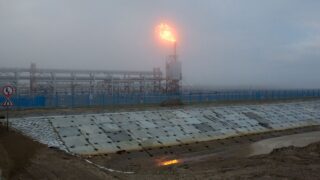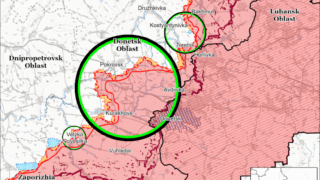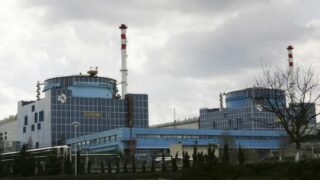
Russian-backed Transnistria rejects EU gas despite supply crisis
The unrecognized breakaway Transnistria region did not take up Moldova’s offer to purchase gas from Europe. Vadim Cheban, acting head of the Moldovagaz company, stated in a comment to IPN that local authorities are hoping for the resumption of gas supplies from Russia’s Gazprom.
Transnistria, a part of Moldova located between the Dniester River and the Ukrainian border, is a self-proclaimed republic that declared independence from Moldova in 1990. The region has its own government, military, and currency, but it heavily relies on support from Russia, which maintains a military presence there.
Since 1 January, Transnistria stopped receiving Russian gas, leading to gas shortages for tens of thousands of household consumers and halting local industry operations after Ukraine’s cessation of Russian gas transit. Meanwhile, the Russian gas giant Gazprom also cited “unfulfilled payment obligations” for stopping gas supplies to Moldova.
Transnistrian authorities urged residents to resolve the issue using electric heaters, as electricity remains an available resource—Dnistrovskaya Thermal Power Plant continues to operate on stockpiled fuel oil and coal.
Forecasts predict these resources will last until the end of winter, but with a sharp increase in electricity consumption to compensate for the lack of gas and the onset of colder weather, they could be depleted much faster.
On 3 January, rolling power outages were introduced in Transnistria, European Pravda reports.
Earlier, Moldovagaz offered assistance to the leadership of the Transnistrian “Tiraspoltransgaz” to purchase gas through European platforms after the region lost Russian gas supplies.
In a response sent on 2 January, the so-called authorities of Transnistria rejected the offer, stating that it would lead to purchasing gas at “higher and unstable” prices.
Tiraspol also stated that it expects the resumption of gas supplies from Russia’s Gazprom within the framework of the contract, which is valid until 2026.
Related:













